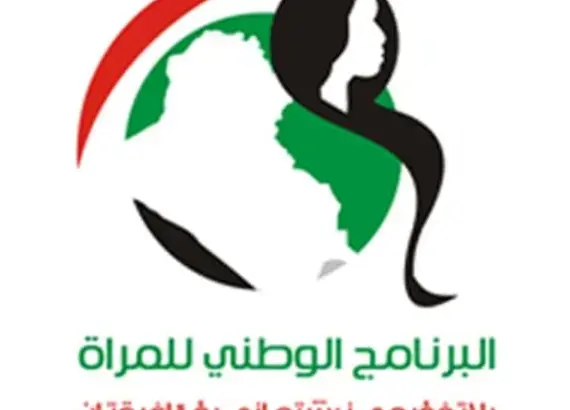
Success Story
National Platform for Women Launched in Lead Up to Iraqi Elections
The National Platform for Women, the culmination of a three-month collaboration and consensus-building effort by political party members, civil society activists and government officials from across Iraq, was launched in Baghdad last month in anticipation of Iraq's March 7 parliamentary elections.
A press conference to introduce the platform was attended by more than 100 people, including high-ranking government ministers, members of parliament, representatives from 16 political parties and more than 20 civil society organizations and members of the media. The platform spells out recommendations for government policy and political party action. Available in Arabic, Kurdish and English, the document is now being distributed to civil society leaders, political parties and legislators.
Work on the National Platform for Women began last October with a three-day conference to identify policy priorities. Core working groups were established for each policy area of significance to Iraqi women: healthcare, education, economic empowerment and political participation. In November and December, the working groups developed policy platforms reflecting the vision articulated during the conference, and participants formed an Advocacy Committee to advance the proposals.
NDI organized the initial conference, facilitated the working group meetings, provided support throughout the drafting process and assisted with translating and printing the final document.
At the press conference, three members of the National Platform for Women Advocacy Committee highlighted the diversity of participants who contributed to the drafting process and outlined the platform's priorities in healthcare, education, economic empowerment and political participation. Representatives of the Advocacy Committee also spoke about plans for incorporating those priorities into the national debate.
A number of government officials endorsed the National Platform for Women and called for its support. Among them was Deputy Prime Minister Rafi al-Esawi, who, in a prepared speech, cited the value of the platform in increasing the participation of women in Iraq's reconstruction, noting that advancing the status of women is a prerequisite to improving the economy, standard of living, human rights, and peace and security.
Minister of Human Rights Wijdan Mikha'il Salim congratulated the women involved in creating the platform and expressed optimism about the achievements made by Iraqi women in recent years. But she also underlined the need to address such outstanding issues as improving the economic status of women, protecting children's rights and ensuring the availability of childcare for working mothers. "There are many elements that negatively affect Iraqi women and prevent them from demanding their rights," she noted. "Launching the platform will motivate women to participate in political action and to follow-up with legislation to ensure a decent life." She predicted that national elections will result in an increased number of female members of parliament who could further improve the status of women in Iraq.
Ala Talabani, chair of the Council of Representatives Committee on Civil Society, spoke passionately about the progress made by women since 2003 and described the platform as a timely step toward further advancing their status. "I consider economic empowerment for women as the most important issue," she said. "If a woman is well-situated economically, she will be able to participate and have a greater role in all areas of life." She also called upon the Committee on Women, Family, and Childhood to establish stronger links with civil society actors in Iraq, and she denounced the lack of funding for the Minister of State for Women's Affairs, demanding that a fully independent Ministry for Women be established with adequate resources.
Minister of Environment Narmin Othman reiterated that women are not yet fully included in decision-making processes, noting that "access to higher positions in the government will provide the best opportunity for women to defend their rights." Given these realities, Othman said, women should be increasingly supportive of female colleagues who work for change. She recommended that female candidates and MPs use the platform to focus the debate and carry out policies that positively impact Iraqi women and that civil society activists use the platform as a mechanism for holding the government accountable to its promises.
The Advocacy Committee plans to use the National Platform for Women to frame debate around non-sectarian issues in the lead-up to the parliamentary elections. NDI will continue to support Iraqi women in advocating for the implementation of platform recommendations in the post-election period.
- Read the platform in English | Arabic | Kurdish»
- Read more about the conference leading up to the platform's creation»
Pictured above: National Platform for Women logo
Published February 23, 2010; updated March 4, 2010



